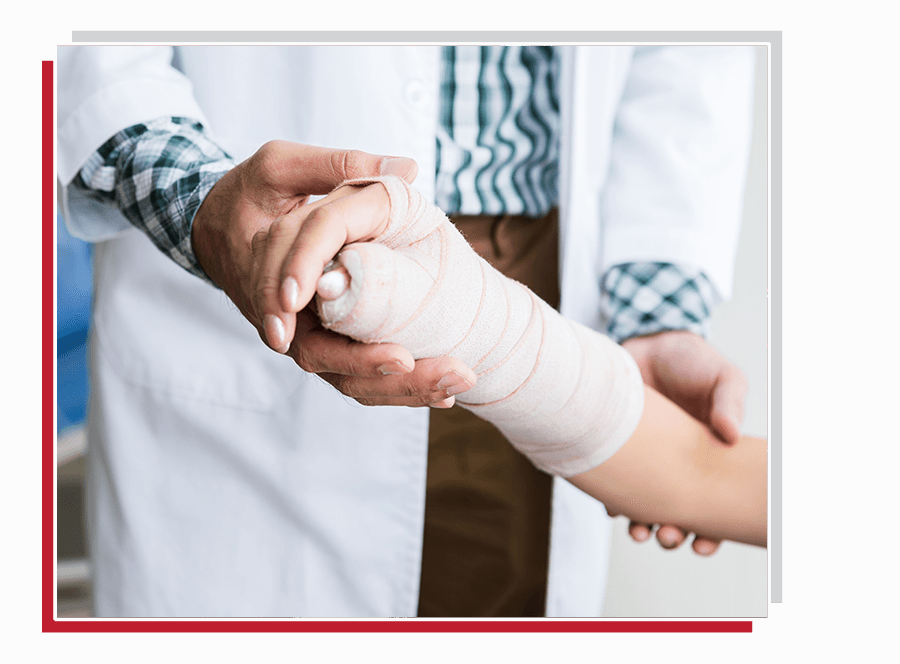Whether you’re attending a Florida university as resident of the state or have come here for school from elsewhere in the nation, living away from home on a college campus typically includes various challenges. If it’s the first time you’ve ever lived apart from your family, you may feel a bit homesick for a while. It would also be considered quite normal if you were to struggle academically, as you adapt to the rigors of college education.
Eventually, you may participate in extracurricular activities or socialize with friends to enjoy some down time, away from the books. The problem is that the types of activities you choose can sometimes lead to trouble for various reasons. For instance, many college students wind up facing serious problems related to drugs. If you need help for a substance abuse problem, or a local police officer accuses you of DUI or some other alcohol or drug-related offense, where and how soon you seek support may greatly affect your outcome.
Know Where the Greatest Risks Lie
Do you know that alcohol is one of the most commonly abused addictive substances on college campuses in Florida and all other states? If you were to admit that you have consumed alcohol in college, you definitely wouldn’t be the first student to do so. However, alcohol or drug-related legal trouble can impede your path to success. The following list includes information regarding alcohol and other commonly used drugs in colleges throughout the nation:
- Estimates suggest more than 30 percent of college students in the United States consider themselves binge drinkers.
- At least 40 percent of students who say they struggle academically in college also admit to frequently using alcohol.
- You may be surprised to learn that approximately five percent of U.S. college students admit to smoking marijuana on a daily basis. This is one of the most used drugs in college. The fact that many states have enacted laws making recreational use of marijuana legal may have something to do with its ease of access in college.
- In addition to marijuana and alcohol, many college students also use prescription drugs, such as amphetamines. Has anyone ever offered you a pill to help you stay alert and pull an all-nighter to cram for exams? Such drugs are not only highly addictive, but also illegal to use in any way other than what a physician prescribes for a particular patient.
- Methylenedioxymethamphetamines, also known as MDMA drugs, are associated with many serious health risks, including seizures and heart failure; yet, many college students use these types of drugs, especially ecstasy or Molly.
It’s no doubt tough to get good grades if you’re too high to study. Beyond the academic strains illicit drug use in college can bring, you may also land behind bars, waiting for a chance to call your family or an experienced defense attorney, or both.
Getting Help
Many college students and others who struggle with drug addictions seek rehabilitative support by accessing resources college administrators make available to them. There are also easy ways to tap into legal assistance if your college career takes a nosedive due to drug-related issues.


